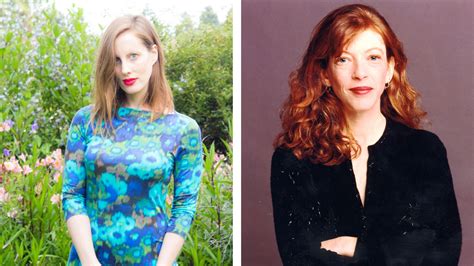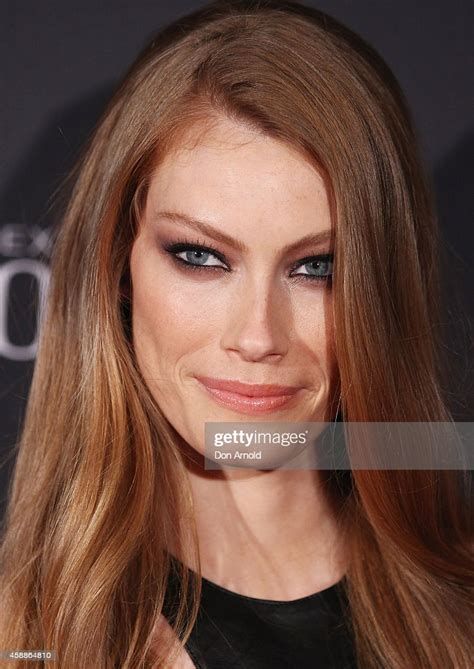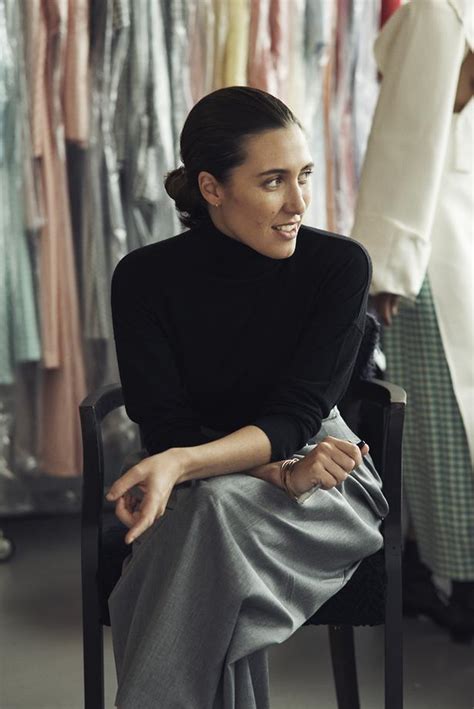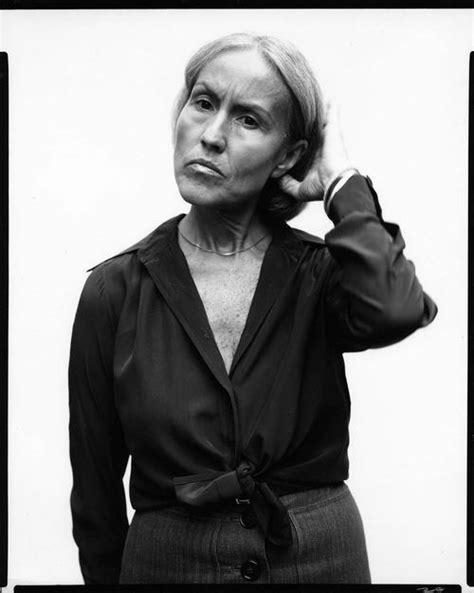A Quote by Liz Goldwyn
In L.A., retro culture is just part of the thing you do. When we were kids, we didn't have allowances, and it was not cool to wear designer clothes. So it meant that we were into 1920s dresses when we were 13.
Related Quotes
Viking women, if they were left behind, were ruling their town. They were earls in their own right; they owned land in their own right. They could divorce their husbands if they wanted to. All of those wonderful allowances that were made for women in the Viking culture weren't really part of the Christian culture at the time.
He could wear hats. He could wear an assortment of hats of different shapes and styles. Boater hats, cowboy hats, bowler hats. The list went on. Pork-pie hats, bucket hats, trillbies and panamas. Top hats, straw hats, trapper hats. Wide brim narrow brim, stingy brim. He could wear a fez. Fezzes were cool. Hadn't someone once said that fezzes were cool? He was pretty aur ether had. And they were. They were cool.
I was the last one of nine kids - eight girls and me last - and my sisters were going out. They were teenagers. And as they were getting ready, I would sit on the bathtub and watch them put on makeup and transform themselves - you know, putting on clothes and giggling about the boys they were going to meet and everything. So for me, that was an amazing thing - the fact of transforming themselves.
I always took a great interest in my clothes. My sister, who was 13 months older, and I always dressed alike, but as I got a little bit older, I didn't like that because I wanted to dress differently. So our mother would put Patty in blue and Polly in pink, or we would wear complementary colors, but the shapes we were wearing were always the same, and I was very interested in that. I also took great interest in my dolls and their clothes.






































